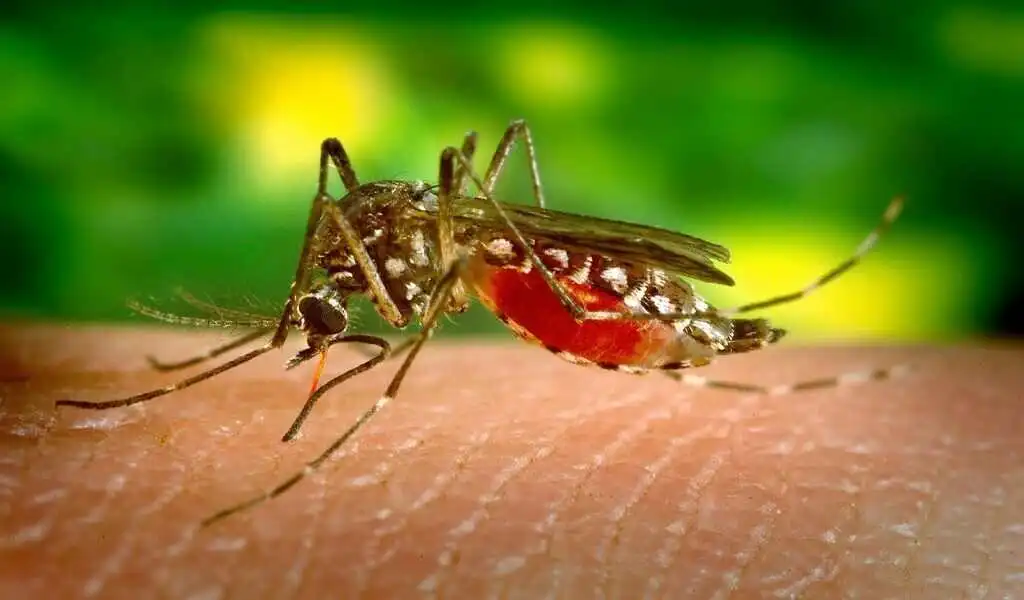(CTN News) _ Malaria Mosquito DNA die before parasites can develop in their bodies by changing a gene. According to lab research and computer modeling, that could stop the parasite from spreading.
The genetic modification also shortens mosquitoes’ lives. Therefore, they can’t spread the disease.
George Christof ides, Professor of Infectious Mosquito DNA Diseases and Immunology at Imperial College London and part of the research team, believes this can stop the spread of the deadly parasite. He says both of these effects will stop malaria transmission.
Gene compression is necessary for this approach to work, which means it is necessary to use gene editing. The offspring inherit a specific piece of DNA, but only half inherit it. The mutation spreads due to genetic pressure, even if it has negative effects on mosquitoes.
Capturing
Despite natural copies, synthetic gene printing has not been used in the wild. In captivity, CRISPR-based gene pressure has already been successful.
Tanzanian researchers are now modifying local Mosquito DNA to see how effective they are against native malaria parasites, similar to the London researchers. Field trials will be conducted if these modifications prove successful. As of now, the tests are kept in the lab. Christof ides says they don’t shoot anything.
The new method is based on the fact that malaria parasites develop within mosquitoes between ten and twelve days. People can only be infected then.
Protein vs Parasite
By slowing parasite growth, you can disrupt the entire transmission cycle. In order to accomplish this, his team modified A Gambia mosquitoes to secrete two small proteins that slow the parasite’s growth. Honeybees and African clawed frogs provide these proteins.
It takes a few days longer for malaria parasites to be detected in infected and modified mosquitoes. According to Christof ides, the genetic change also shortens Mosquito DNA lifespan. Infectious mosquitoes are less likely to survive.
Evolution as an obstacle
It has two problems. Genetic pressure could lead to resistance to the two proteins. A wide dissemination of the modification is important, according to Christof ides. Rapid parasite collapse reduces the chance of evolution developing resistance.
It is also possible for mosquitoes to evolve so that gene pressure no longer works. This risk must be minimized, says Christophides.
kill or be killed
The two approaches can be combined. In one area, first time killer gene pressure wipes out the population, followed by genetic pressure that prevents malaria from spreading. Christof ides says they might contribute.
Brazil is already releasing millions of genetically modified male Mosquito DNA to control wild mosquito populations. All offspring of this mosquito carry a gene that kills them.
It is unclear whether this gene persists in the wild.
Half a million people are still killed by malaria every year. First malaria vaccine approved last year. There is no guarantee that these vaccines will work in every case.
SEE ALSO:
How Do COVID-19 ‘Super-Dodgers’ Work?
Weight Training Should Be Combined With Another Activity
How to Lose Weight Fast Without Exercise at Home: 62 Proven Tips






